Notes
CHF
Etiology Function loss Systolic dysfunction → ↓ EF Diastolic dysfunction → Normal EF Major causes Hypertension → Cardiomyopathy → Most common Valvular disease MI → Dilated cardiomyopathy Minor causes Alcohol Postviral myocarditis Radiation Adriamycin (Doxil) Chagas Hemochromatosis → Restrictive cardiomyopathy Thyroid disease Peripartum cardiomyopathy Thiamine deficiency Presentation LV failure → Lung symptoms → Dyspnea Left-sided...
Read moreAcute Coronary Syndrome
Unstable Angina / NSTEMI / STEMI Presentation Angina pectoris Shortness of breath Cold sweat S4 gallop → Acute myocardial dysfunction Paredoxical S2 splitting → Delayed relaxation and delayed AV closure Diagnosis First infarction ECG Becomes positive → Immediately Stays positive → ST elevation progresses to Q-wave in about a week Findings ST...
Read moreCoronary Artery Disease
hemoglobin c Risk Factors Major Diabetes → Worst Hypertension → Most common Hyperlipidemia ↑LDL is worst Tobacco → fastest correction benefit Family history of CAD M<55y F<65y Age M>45y F>55y Minor Physical inactivity Alcohol ↓Veggie intake Emotional stress ↑CT calcium score PET scan WRONG ↑Homocysteine Chlamydia ↑CRP Menstruating women never...
Read moreDementia
Alzheimer’s Disease Etiology Most common dementia Plaques and Tangles Ch 21 → Down’s Syndrome Presentation Progressive dementia Memory goes first First short term → Then long term Spares social graces Diagnosis Mainly clinical MRI/CT Temporal and parietal atrophy or diffuse symmetrical cortical atrophy VDRL/RPR → To rule out syphilis B12,...
Read morePeripheral Neuropathy
Bell’s Palsy CN 7 palsy Etiology Idiopathic Lyme disease Sarcoidosis Herpes zoster Tumor Presentation Paralysis of entire half of face Can NOT wrinkle forehead In stroke only the lower half is involved → CAN wrinkle forehead Sloppy eating → Difficulty closing lips Hyperacusis → Stapedius muscle is a shock absorber...
Read moreCharcot-Marie-Tooth Disease
CMT Etiology Genetic Loss of both motor and sensory innervation Presentation Distal weakness/sensory loss Leg wasting ↓DTRs Tremor Foot deformity High arch (pes cavus) Legs look like inverted champagne bottles Diagnosis Most accurate...
Read moreWeakness
Multiple Sclerosis (MS) Etiology Idiopathic Exclusive to CNS white matter Women Cold climates 3-23% familial Presentation First presentation Focal sensory symptoms Gait problem Balance problem Most common presentation Optic neuritis Blurry vision Visual disturbance Painful eye movement Characteristic Internuclear ophthalmoplegia Inability to adduct one eye + nystagmus in the...
Read moreTourette Disorder
Etiology Idiopathic Presentation Vocal + motor tic Vocal tics Grunts Coprolalia Motor tics Sniffing Blinking Frowning OCD Diagnosis Clinical Complications later in life ADHD OCD Treatment Habit reversal therapy Antipsychotic Risperidone Aripiprazole Fluphenazine Pimozide Haloperidol Alpha-2 agonist Clonidine Tetrabenazine
Read moreHuntington Disease
Etiology Hereditary → Anticipation Autosomal dominant CAG repeat on Ch 4 Caudate atrophy Start at age 30-50y Presentation Movement Starts with → Fidgetiness (restlessness) Choreaform movements (dyskinesia) Dystonic posturing Rigidity Akinesia Memory Dementia Mood Behavioral changes Irritability Moodiness Antisocial Suicide Diagnosis Mainly clinical Specific genetic test → CAG repeat CT/MRI...
Read moreRestless Leg Syndrome
Presentation Uncomfortable sensation in legs Creepy and crawly At night Worsened by caffeine Relieved by moving legs Can happen during sleep Kicks partner! Treatment Dopamine agonist → Pramipexol
Read moreParkinsonism
Parkinson’s Disease Etiology Loss of cells in substantia nigra ⇒ ↓ Dopamine Idiopathic (most common) Repeated head trauma Encephalitis Drugs Antipsychotics (thorazine) Reserpine Metochlopromide Presentation 50-60y Tremor → Pill-rolling (4-6 Hz) Rigidity Bradykinesia Shuffling (hypokinetic) gate, unsteady, tendency to fall, No arm swing Cogwheel rigidity Hypomimia (Masked facies) Micrographia...
Read moreTremor
Essential Tremor Presentation Familial Men 40-60y No tremor at rest Tremor with movement Greatest in hands Can be in head Better with Alcohol Worse with Caffeine Treatment Propranolol Intention Tremor Etiology Cerebellar Dysfunction Presentation No tremor at rest Tremor at movement that worsens close to target Diagnosis Clinical No...
Read more

 Cardiology
Cardiology Pulmonology
Pulmonology Nephrology
Nephrology Endocrinology
Endocrinology Gastroenterology
Gastroenterology Hem/Onc
Hem/Onc Rheumatology
Rheumatology
 General Surgery
General Surgery Orthopedics
Orthopedics Urology
Urology Vascular Surgery
Vascular Surgery Neurosurgery
Neurosurgery
 Obstetrics
Obstetrics



 DNA Viruses
DNA Viruses